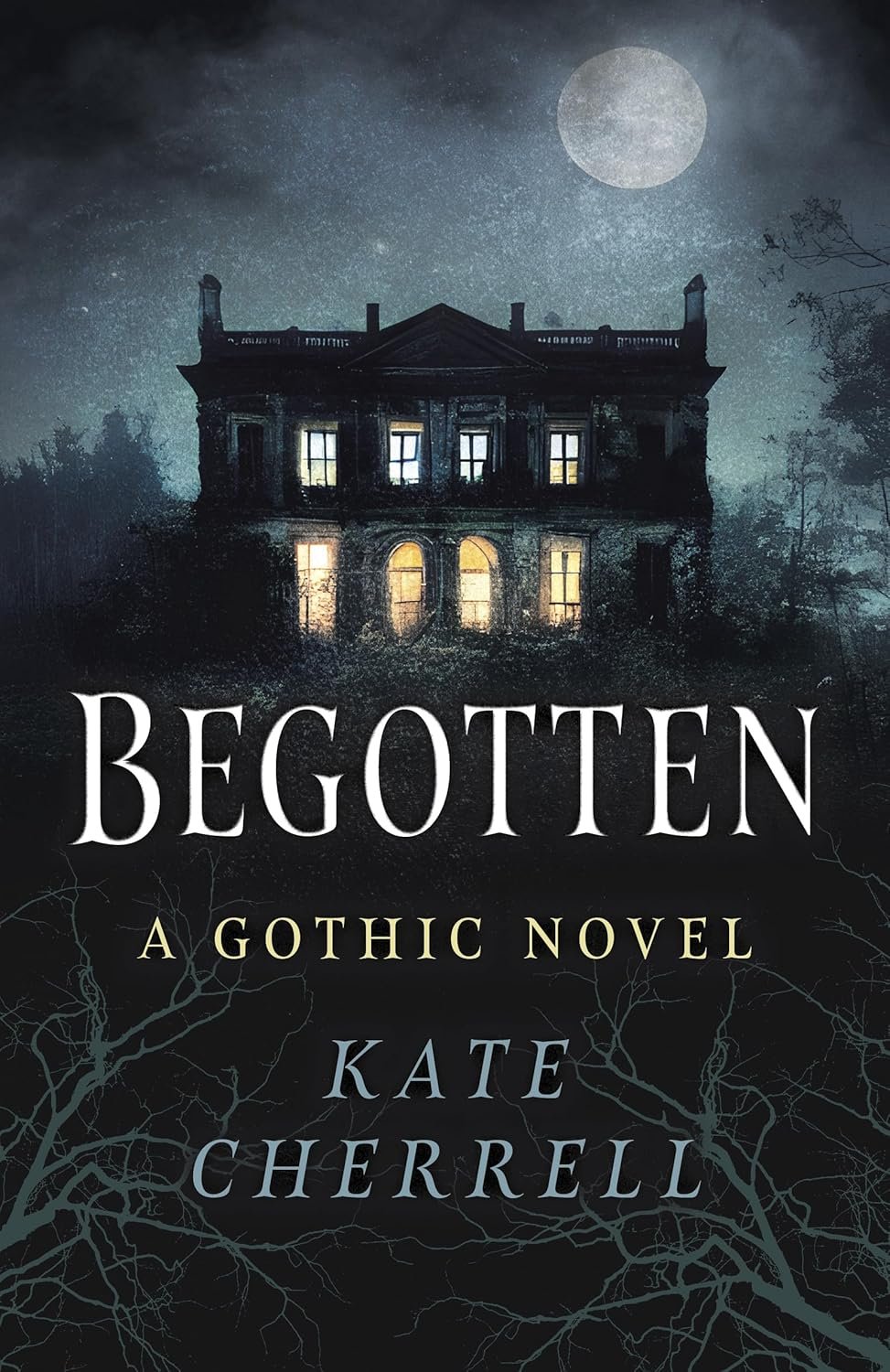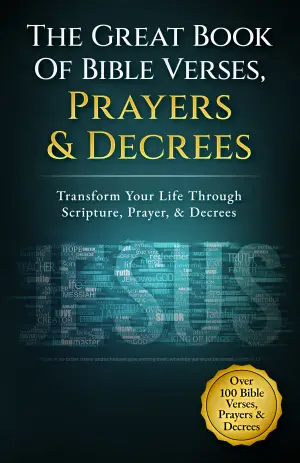A Journey Through Shadows: My Thoughts on Begotten: A Gothic Novel
From the moment I laid eyes on the cover of Begotten: A Gothic Novel by Kate Cherrell, I felt an inexplicable pull. There’s something captivating about the interplay of the old and the ethereal, especially when wrapped in the elaborate tapestry of a neo-Victorian setting. As someone enchanted by the echo of ghosts in crumbling mansions, I was eager to dive into a narrative that promised both darkness and humor, and Cherrell’s debut did not disappoint.
At its heart, Begotten follows Alice Crofton upon her return to the decaying home of her forebears in the fictional county of Duncain, a place steeped in spiritualism and the heavy air of an unshakeable past. Alice’s journey isn’t just about the physical estate she aims to settle; it’s a haunting exploration of memory, loss, and the question of what truly lingers when loved ones depart. Cherrell masterfully intertwines these themes, inviting us into a world where the boundaries between the living and the spectral blur.
What struck me most about Alice is her compelling evolution. Initially brimming with naivety, her character arc—grappling with cunning mediums and the oppressive weight of family legacies—felt palpable. Cherrell has a knack for character development, and Alice’s naivety contrasted beautifully with the sinister charm of the mediums, turning each encounter into a dizzying dance of tension and humor. The author’s keen observations about society, spirituality, and the human experience resonate deeply, reflecting a rich tapestry that takes a thoughtful look at our perceptions of both the tangible and the unexplainable.
Cherrell’s writing style is another remarkable element of this novel. Her descriptions are a lush feast for the imagination, plunging readers into a world adorned with Victorian-era detail—spindly furniture, rusting iron gates, and whispers of the unseen mingle effortlessly. I found myself savoring the language, with passages punctuated by dark humor that lightened the heavy atmosphere just enough. The pacing felt fittingly oppressive, mirroring Alice’s own suffocating experience as the story unfurled. I, too, held my breath through the last fifty pages, captivated by the vibrant imagery and chilling atmosphere, as one reviewer aptly noted.
One memorable moment that lingered with me was Alice’s realization of how deeply the past intertwines with the present, a notion beautifully encapsulated in the quote, “In Duncain, nothing ever truly leaves.” It’s a sentiment that resonated not only within the context of the story but also echoed my own reflections on memories and familial ties. Such insights are where Cherrell shines, striking a delicate balance between gothic intrigue and existential musings.
As I closed the pages of Begotten, I felt a mixture of delight and melancholy—a perfectly gothic pairing. This novel will appeal to anyone who adores a rich, atmospheric read filled with suspense and whimsy. Fans of Wilkie Collins and the eerie echoes of classic ghost stories will find a kindred spirit in Cherrell’s writing.
In conclusion, Begotten is much more than just a tale of hauntings; it’s an exploration of the ties that bind us, the truths we choose to ignore, and the shadows that linger long after the lights have gone out. I left Duncain pondering my own ghosts, reminded that sometimes it’s the memories we carry that haunt us the most. If you’re looking for a book that offers both chills and a hearty dose of humor, you may just find that Begotten is the perfect companion for your next reading adventure.
[ad_2]
You can find Begotten: A Gothic Novel here >>







